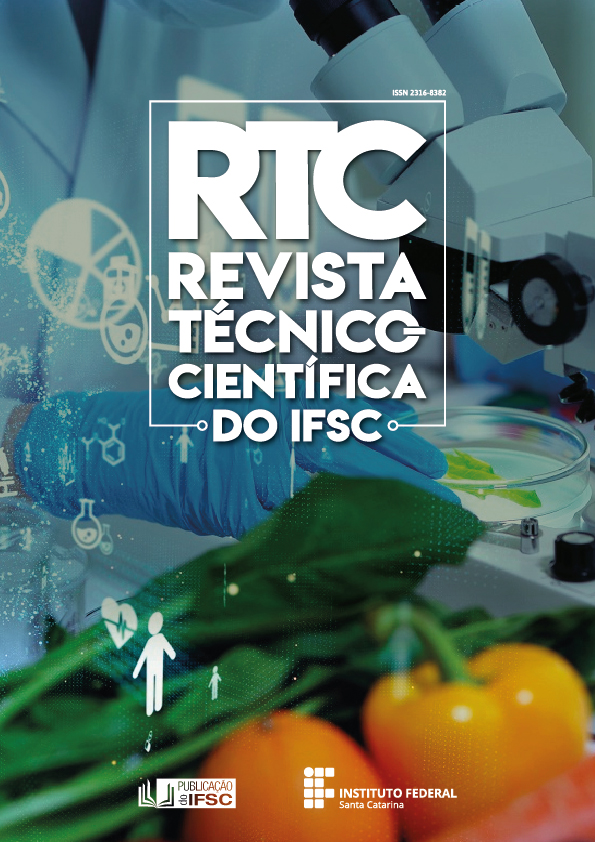Accessibility of yerba mate packaging for people with visual disabilities
Abstract
In general, the information on the packaging is only visual. Thus, visually impaired people do not have direct access to the content described in the product and, therefore, may not be able to enjoy the information on the packaging. Therefore, this research aimed to evaluate possibilities for improving the accessibility of packaging of food products for the consumer market composed of people with visual impairments. For this, a case study was carried out based on the analysis of yerba mate packaging for the production of chimarrão, available in markets in the municipality of Canoinhas-SC. In this analysis, the following packaging characteristics were observed: material (primary or secondary packaging); opening and closing mode; information recorded in bar codes; presence or absence of information in braille and QR Code. Most of the packages analyzed were considered not very accessible. As for reading additional information, the use of QR Code, for reading through smartphone applications, was considered the best alternative. In view of accessibility, with regard to the opening and closing system, the use of cellulosic packaging would be the most appropriate. Cellulosic packages are also the most suitable for inserting information in Braille, as they offer better tactile conditions. However, only 16.7% of the packages analyzed had this structure. The proposed suggestions are contributions to improving the accessibility of yerba mate packaging for people with visual impairments, but they do not exhaust all accessibility possibilities and needs. The inclusion process must be continuous.
Downloads
Published
Issue
Section
License
Declaro que o presente artigo é original, não tendo sido submetido à publicação em qualquer outro periódico nacional ou internacional, quer seja em parte ou em sua totalidade. Declaro, ainda, que uma vez publicado na revista Caderno de Publicações, editada pelo Instituto Federal de santa Catarina, o mesmo jamais será submetido por mim ou por qualquer um dos demais co-autores a qualquer outro periódico. Através deste instrumento, em meu nome e em nome dos demais co-autores, porventura existentes, cedo os direitos autorais do referido artigo ao Instituto Federal de Santa Catarina e declaro estar ciente de que a não observância deste compromisso submeterá o infrator a sanções e penas previstas na Lei de Proteção de Direitos Autorias (Nº9609, de 19/02/98).


